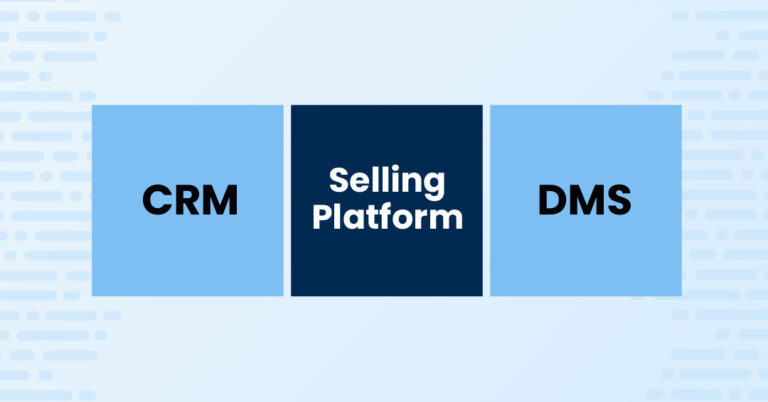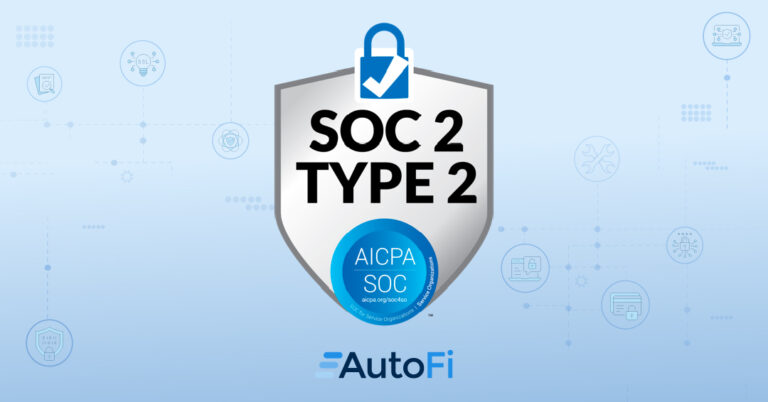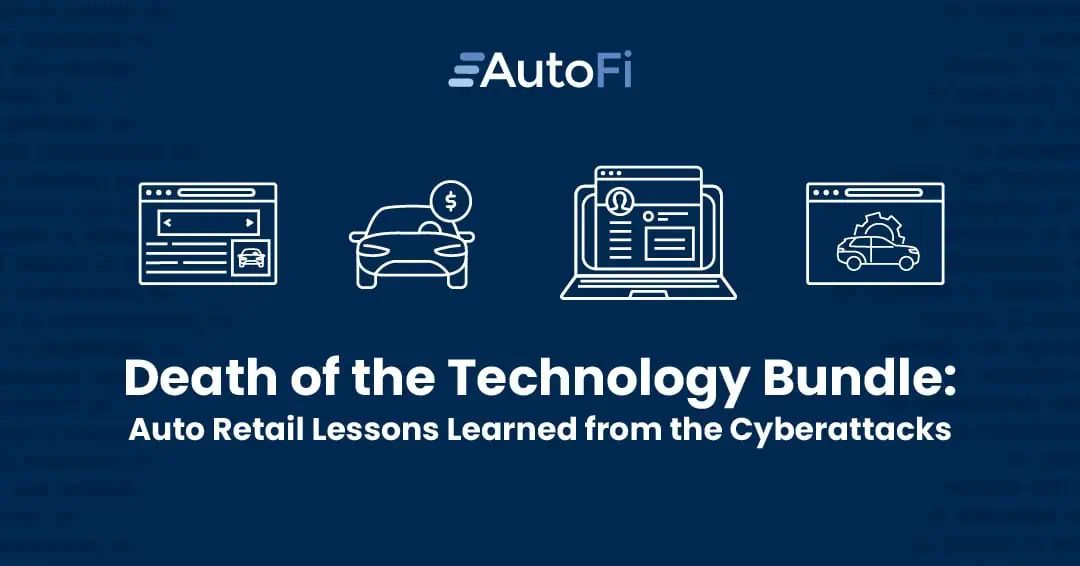With 50% of the country’s automotive dealers impacted, the recent cyberattacks arguably make the list of the most impactful events that shook automotive retail, including 9/11, the Great Recession, COVID-19 and the chip shortage.
At AutoFi we saw the struggle of our dealer clients firsthand during the cyberattacks as they navigated without a CRM, DMS or in some cases, both. And many dealers leaned into AutoFi to help them continue selling cars. The result was a dramatic increase in usage of AutoFi Showroom over the 2 week outage including a 145% increase in payments calculated, a 111% increase in deals desked, and a 54% increase in applications submitted to lenders. And that activity has held firm even after CRM and DMS access was restored for most dealers.
In times like these, history becomes the best teacher. As we look at the impact and aftermath of the cyberattacks, it’s critical that we learn from this, and we don’t just return to the status quo. Here are a few lessons that dealers should consider going forward.
Don’t put your eggs in one basket

I get it. It’s much easier to bundle all your technology with one company. Who wants to pass up on that discount? However, the cyberattacks showed us that putting all your eggs in one basket and working with one technology company for everything can put your entire business at risk. From lead handling, selling in the showroom, accounting, service and more. So, just like your investment portfolio, you have to diversify. Which means you shouldn’t pick the same company for every critical function including your Website, Digital Retail, CRM, and DMS.
But there’s another reason why you should avoid bundling all your tech with one company. The fact is that one company CAN’T be a master of everything. For example, they may be the best website provider in the world, but not the best digital retailing tool. They may be the best CRM, but not the best DMS. As a dealer, if you want to be the best in your market, then evaluate and choose the technology that is best-in-class for each function of your business, not what’s thrown in for free (or a heavy discount) due to a bundled deal.
And remember that most CRMs and DMSs integrate with other technology providers, so you don’t have to settle for average to keep things connected.
Arm your team with a dedicated selling platform

Another critical lesson is that dealers should reconsider the technology we’ve historically used to work deals. Most dealers use their CRM or DMS to desk and structure deals. However, given the critical nature of the deal process, dealers should consider integrating a dedicated selling platform into their strategy – a 3rd system that bridges the gaps between the CRM and DMS.
Sure, your DMS is great for accounting, financial reporting, inventory tracking, and payroll; and your CRM is great for storing/tracking your customer records, managing internet leads, and executing marketing campaigns. But they fall short when it comes to a true customer-facing selling platform that solves the legacy problems that still plague the selling process. The process today is still long, complex and full of friction and like the age-old saying, “Time kills deals and profit” is a reality for many dealers.
An example of a long-standing challenge is the bottleneck at the desk. While managers can desk deals in their CRM and DMS, in many cases these legacy systems lack the customer-facing experience that enables the salesperson to pencil a deal and make adjustments without leaving the customer to go back and forth to the desk. These legacy systems fail to give managers the tools they need to more efficiently quarterback and monitor the sales floor and make quicker decisions, such as lender selection.
We learned by launching AutoFi in the showroom that dealers who use a dedicated selling platform outside of their CRM and desking are (1) closing deals faster (28 mins to lock in a deal), (2) generating more approvals (77% approval rate), and (3) increasing their back-end profit (+$641 incremental back end per deal).
Do your due diligence with your technology providers

The truth is that any technology company can be vulnerable to a hacker. However, in light of the cyberattacks, it’s important for dealers to do their due diligence before choosing technology vendors.
It’s important to ask your technology solution providers what processes and procedures they have in place to mitigate risk, secure your data, and ensure system stability. One concrete way to get peace of mind with your vendors is to ask them for a SOC 2 Type II report. SOC 2 Type II compliance means that the vendor has been audited by an accredited third party auditor and has demonstrated their controls have been effective during the 6-12 month audit period in regard to security, confidentiality, privacy, availability, and processing integrity.
You’ll also want to audit your level of system redundancy and have a backup process in place. For example, if you lose access to your CRM are you able to retrieve necessary customer information from your DMS or in some other system? If the desking tool within your DMS goes down are you able to calculate payments, value a trade and present F&I products somewhere else? And ultimately if all else fails, is your team trained on the backup process and steps to keep your sales process on the rails, even without technology? Conducting this audit and having a documented backup process will ensure you aren’t flat-footed in another worst-case scenario.
The Path Forward
The cyberattacks reminded us of the resilience of auto dealers and their ability to adapt. As things settle, the most successful dealers won’t return to business as usual, but will instead use this as a catalyst to continue to grow and evolve. Happy selling!

